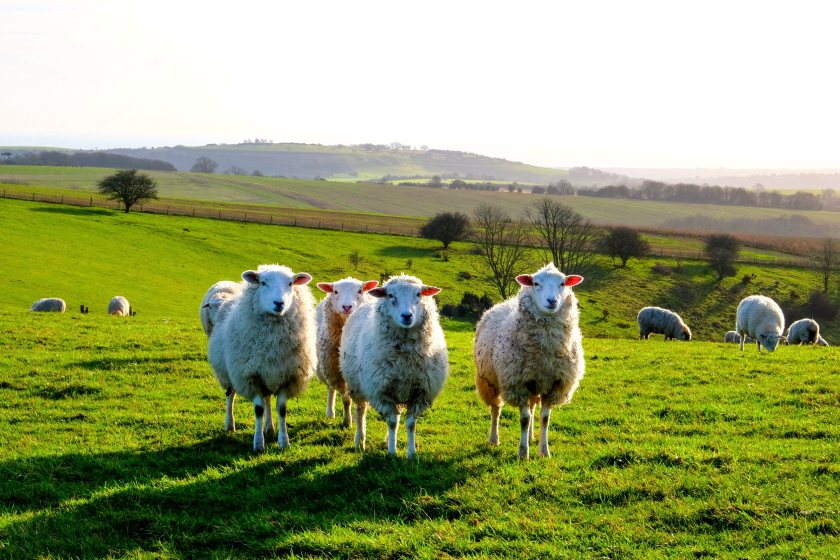
The government has announced new funding for farmers to tackle bovine viral diarrhoea (BVD) and a range of health conditions in sheep.
At the recent Farm to Fork Summit in Downing Street, the prime minister announced new support for livestock farmers to tackle endemic diseases.
A set annual rate of funding will be available for each species, including £639 for sheep, and £215 for cattle with no BVD.
Higher rates of £837 and £1,733 will be available for beef and dairy herds respectively, where BVD is present.
This funding will be available from summer 2024, with it initially rolled out for sheep and beef cattle, with dairy cattle added soon after.
For cattle, the additional support will fund identification of persistently infected cattle on farms with BVD, alongside veterinary advice on how to eliminate endemic disease on farm.
A package of measures will be available for sheep farmers to choose from, in consultation with their vet, allowing farmers to target the specific health issues most prevalent in their flock.
All eligible farmers will also receive funding for a biosecurity assessment and advice to help identify how disease might enter and spread across their farm.
Welcoming the news, NFU Livestock Board chair David Barton said: “I hope it will drive forward the eradication of BVD in our cattle herds.
“I worked with our vet and have seen real productivity improvements since my herd became BVD free.
"To support this funding, we now need the new Livestock Information Service to provide individual disease status at the point of sale so that buyers can make an informed decision."
To access the new funding, farmers will first need to have had an Annual Health and Welfare review, which Defra launched in 2023.
The review funds an annual vet visit during which farmers can access advice and tests for endemic diseases using a vet of their choice; £436 is available for a sheep review, £522 for a beef cattle review and £372 for a dairy cattle review.
Speaking as a sheep farmer, NFU Livestock Board vice chair Oli Lee said strong health protocols were key to reducing costs and inefficiencies in his business.
“This means getting on top of lameness and mastitis, as well as ensuring routine vaccination and effective worm control," he explained.
"I would encourage any livestock farmer that hasn’t already to apply for an Annual Health and Welfare review with their vet – it is quick and easy to arrange.
“From there we can then take advantage of this newly announced support.”
